
Subscribe to our mailing list.
All Blog Posts With Tag: Eberhard Busch

After March 26th, 1935 Karl Barth was deported from Nazi Germany via police escort to Switzerland because he refused to sign the Nazi "Oath of Loyalty" without modification to Adolf Hitler (also known as "Hitler's Oath"). After arriving in Switzerland, Barth became the Professor of Systematic Theology at the University […]
Related: Anna Katharina Sartoris, Bruce L. McCormack, CD I/1, CD I/2, CD II/1, CD II/2, Charlotte von Kirschbaum, Church Dogmatics, Church Dogmatics I/1, Church Dogmatics I/2, Church Dogmatics II/1, Church Dogmatics II/2, Eberhard Busch, Faith of the Church, George Hunsinger, Hans Urs Von Balthasar, Heinrich Barth, Karl Barth, life of karl barth, Lollo, Matthias Barth, Oath of Loyalty, Peter Barth, The Teaching of the Church Regarding Baptism, W. Travis McMaken, World War II
Barth’s Barmen before Barmen: Theological Existence To-day! (June 5, 2018)
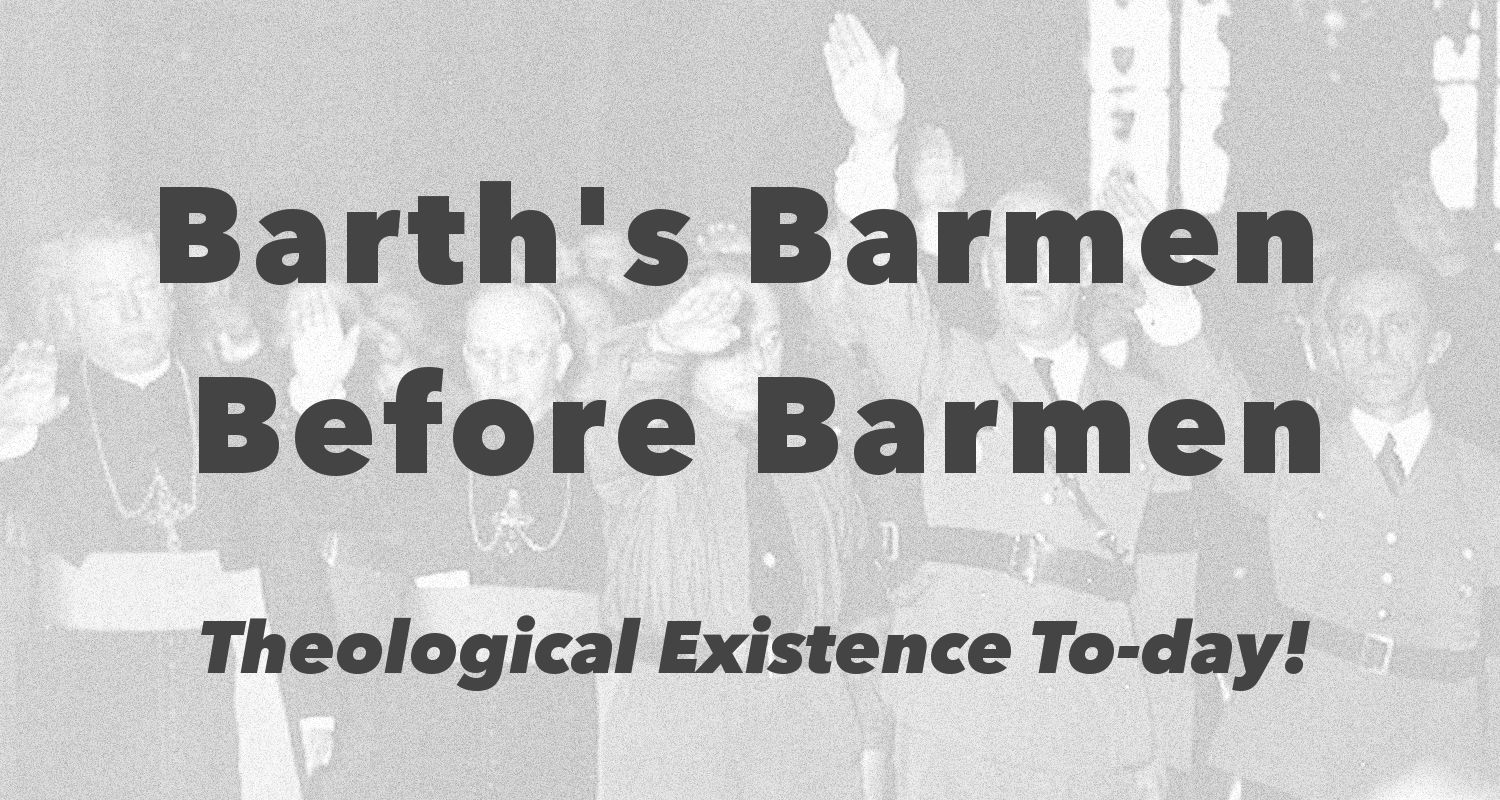
Karl Barth's most famous protest against the German Christians and the Nazi takeover of the German Evangelical Church was the Theological Declaration of Barmen (1934), but a year before Barmen, Barth wrote another similar important protest titled Theological Existence To-Day! (A Plea for Theological Freedom).
In 1933, the German Christians in Nazi […]
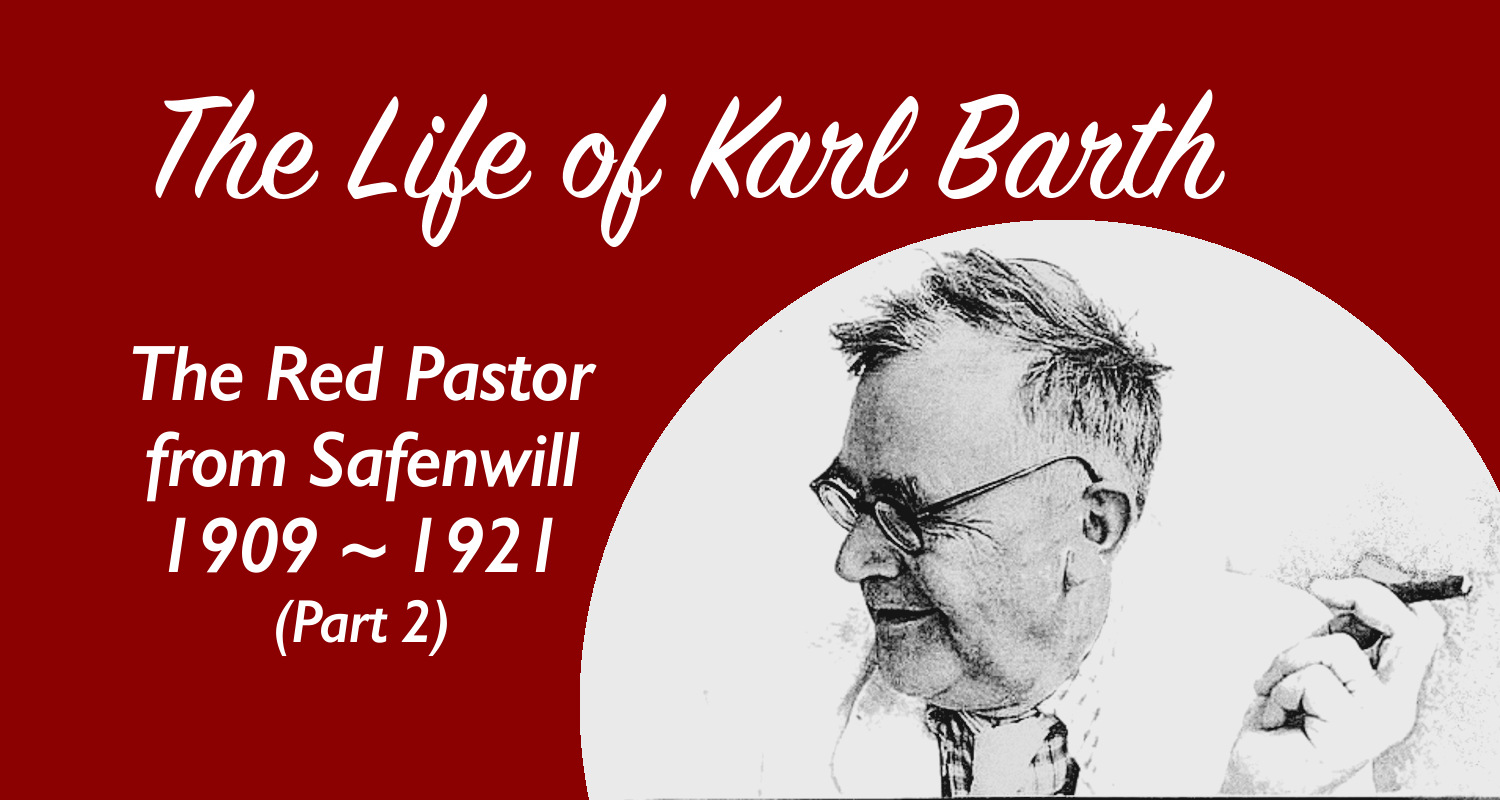
In part one of The Life of Karl Barth series, I discussed Karl Barth's early life from his birth in 1886 until he left the University of Marburg and his pastoral work in Geneva in 1911. In part two, I will discuss the next ten years in Barth's life when […]
Rösy Münger and Karl Barth: A Tragic Love Story (April 16, 2018)
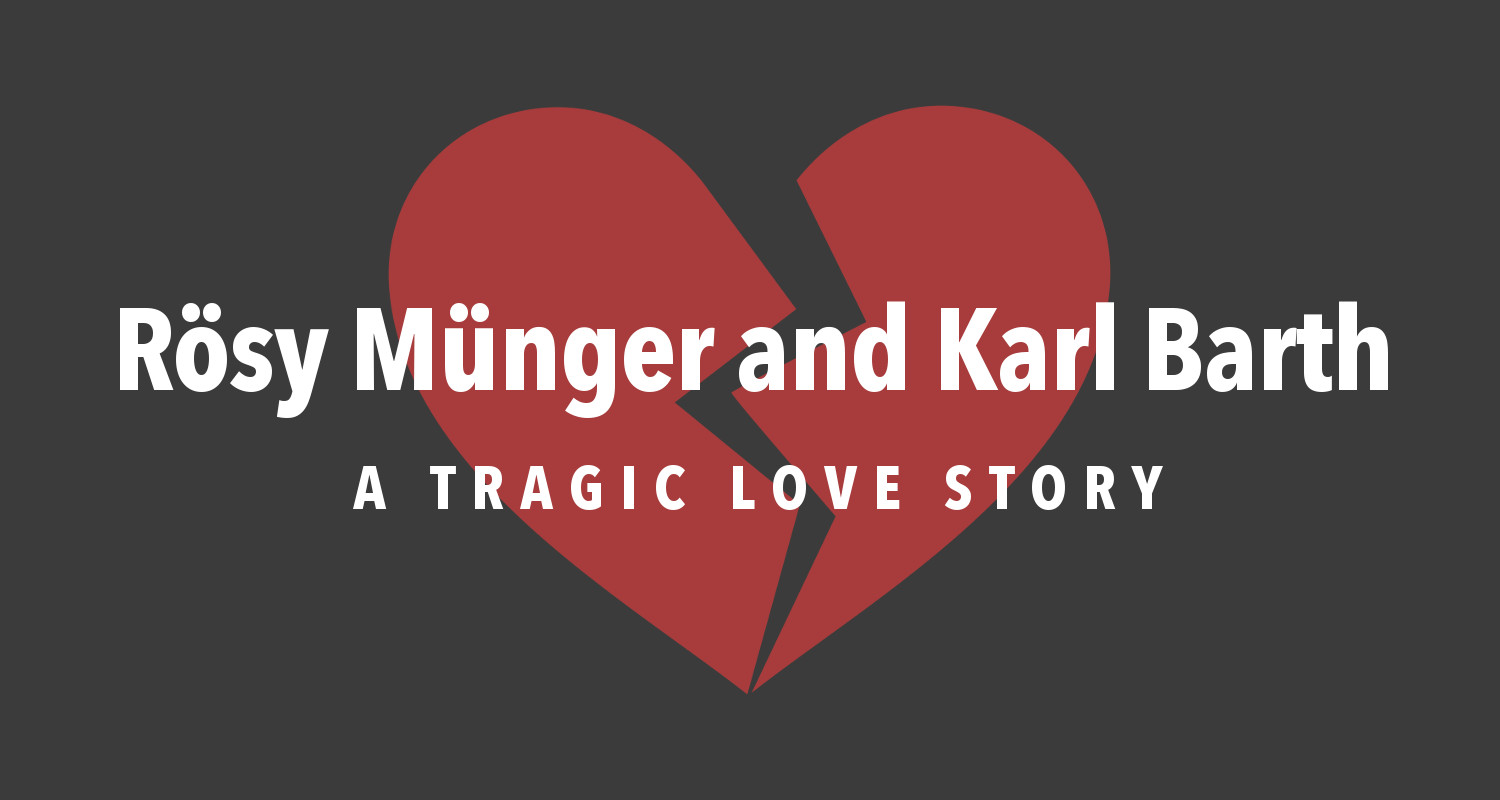
Karl Barth's first great love was a bernese girl named Rösy Münger (1888–1925). He met her when he returned to study at the university in Bern. Barth said "I spent the happiest hours with her" [1], but their relationship ended tragically because his parents sternly disapproved of their relationship together. Karl Barth's […]
Related: Eberhard Busch, Karl Barth, Love, Nelly Barth, Nelly Hoffman, Rösy Münger, Suzanne Selinger
Karl Barth’s Insights for Middle-Aged Persons (October 15, 2017)

A middle-aged adult is anyone who is 40 to 65 years old [1], and it is a time in life with its own unique set of challenges; a middle-aged adult has their youth behind them, yet their future is still in front of them, but death is now on the […]
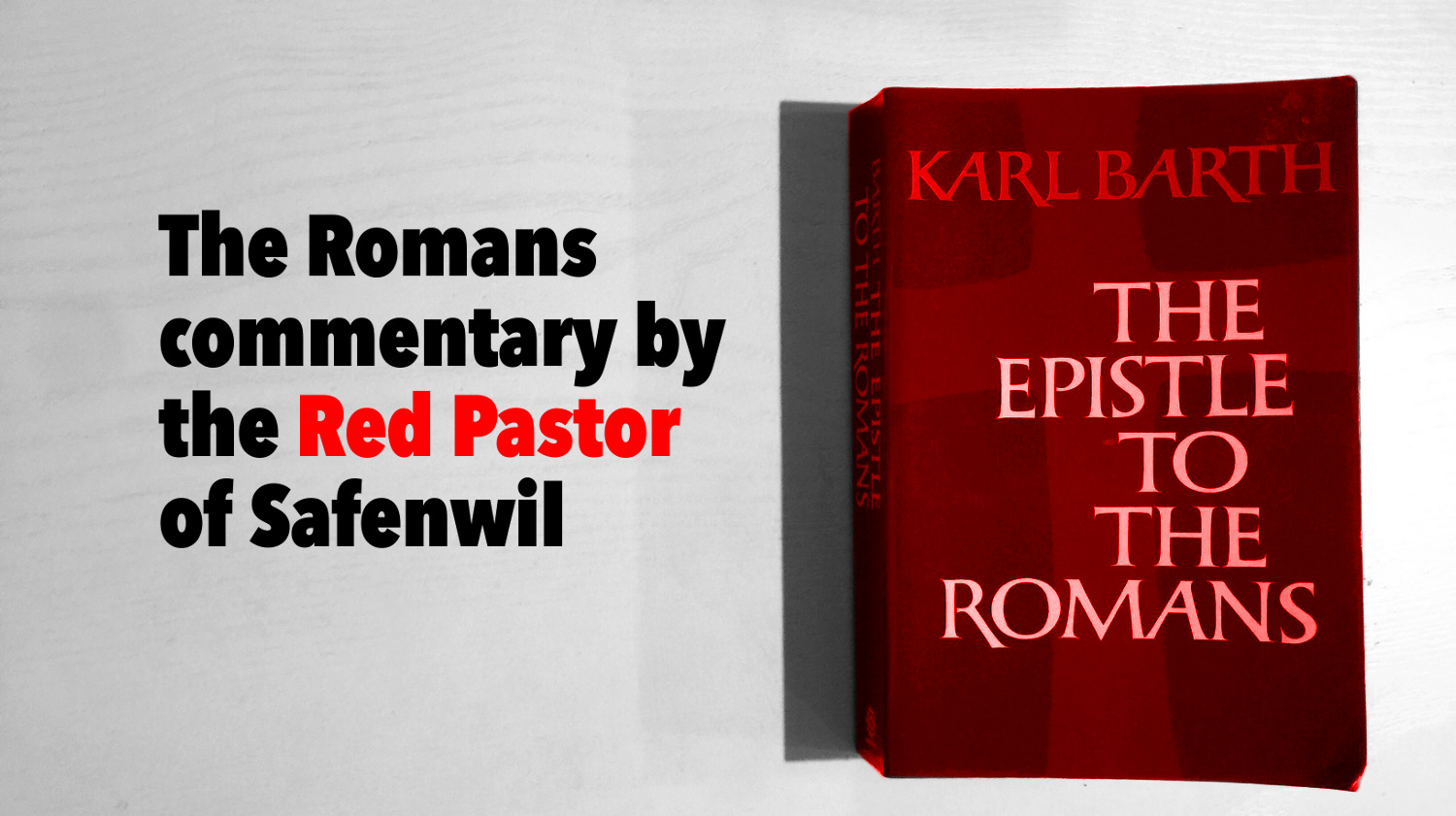
Karl Barth was in his early thirties and a country pastor in Safenwil, Switzerland when he wrote the first edition of his landmark commentary The Epistle to the Romans (Der Romerbrief, 1919). Barth did not have any advanced theological degrees when he wrote Romans, and he wrote it while ministering to blue collar […]
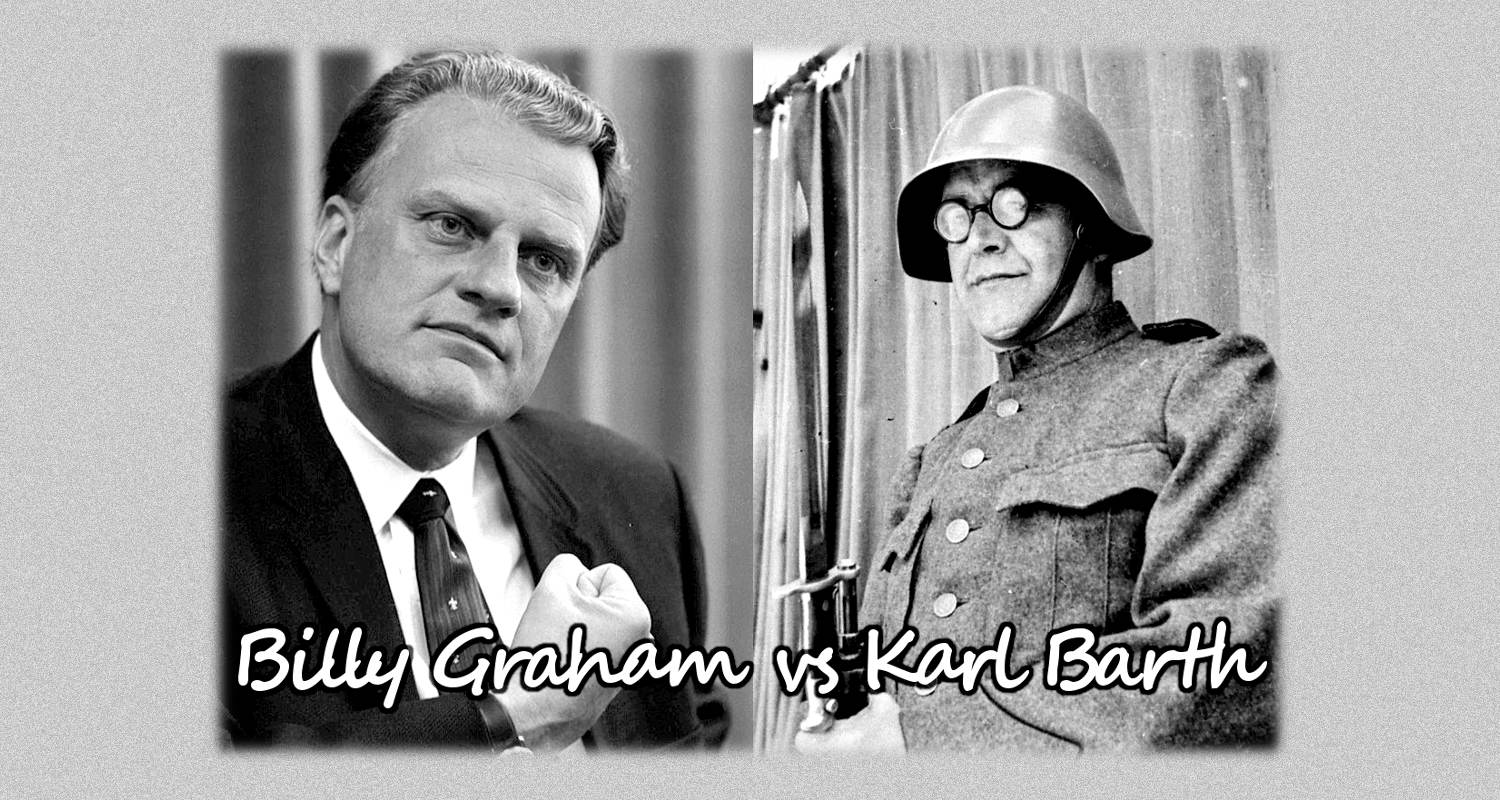
Eberhard Busch's Karl Barth: His Life from Letters and Autobiographical Texts is the autobiography that Karl Barth never wrote. Busch assembled quotations from Barth's letters, books and various autobiographical texts, and then redacted them with minimal commentary into a biography told in Barth's own words. I believe that this book is […]

